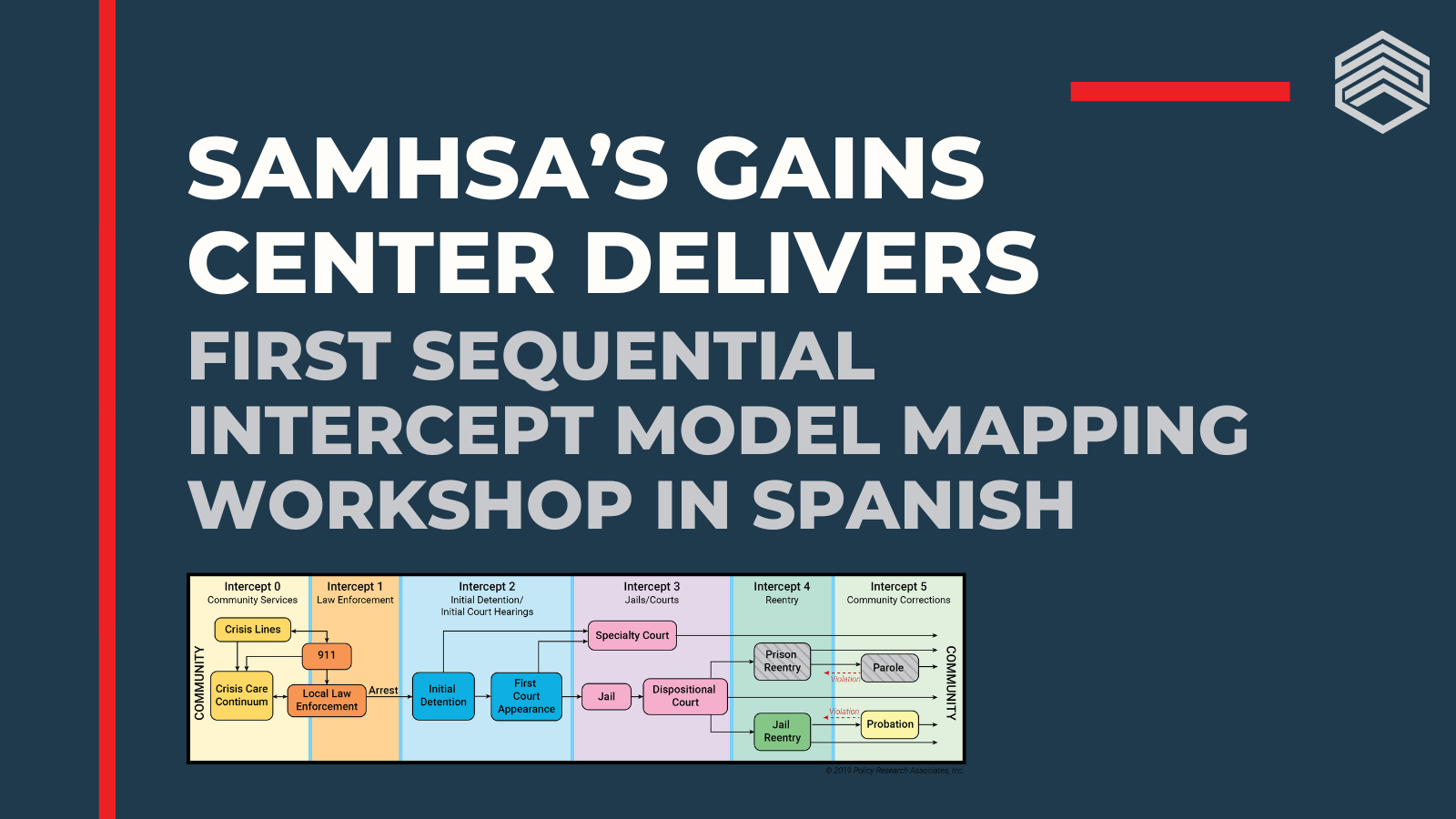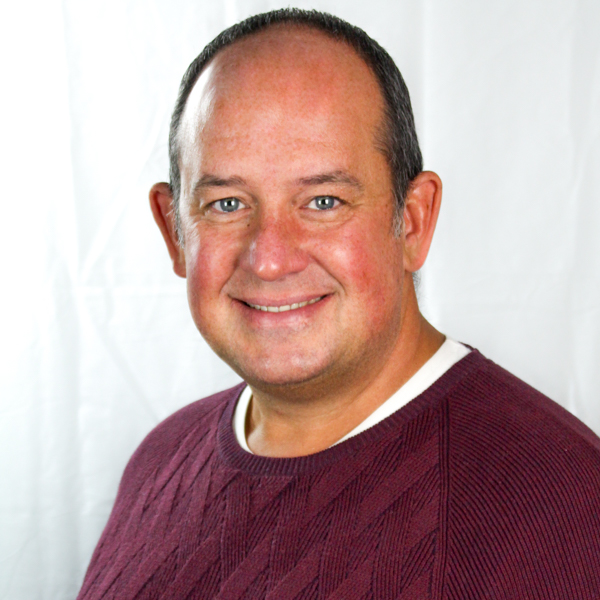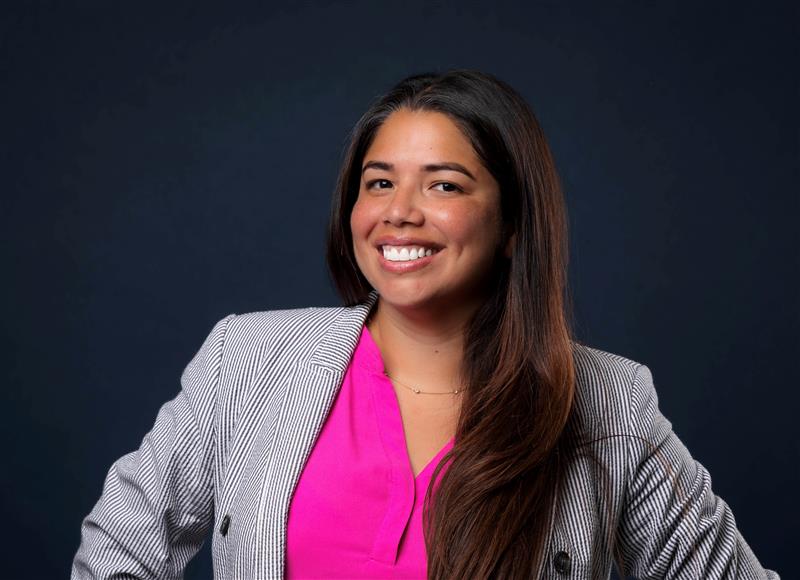Expanding Access for Spanish-Speaking Communities
This summer, SAMHSA’s GAINS Center provided its first-ever Sequential Intercept Model (SIM) Mapping Workshop fully in Spanish to a team of justice and behavioral health professionals in Puerto Rico. This work builds upon the GAINS Center’s approach to supporting culturally and linguistically responsive services for criminal justice and behavioral health programs.
“The GAINS Center is committed to making its training and technical assistance services broadly available and accessible to all citizens of the United States,” says SAMHSA’s GAINS Center Director Chanson Noether.
About the SIM Mapping Workshops
The Sequential Intercept Model (SIM) identifies the points at which individuals with mental and substance use disorders come in contact with the justice system. These points are known as “intercepts.” SIM mapping is a process that helps communities identify resources and gaps along each intercept and then develop a plan to re-route people with mental and substance use disorders away from the justice system into treatment. SIM mapping creates opportunities for people interfacing with the justice system to access optimal treatments and services.
Each year, SAMHSA’s GAINS Center offers comprehensive SIM Mapping Workshops to cross-agency and cross-system teams from across the country via a competitive application process. SIM Mapping Workshops help communities achieve the following:
- Plot resources and gaps across intercepts.
- Identify local behavioral health services to support diversion from the justice system.
- Introduce community system leaders and staff to evidence-based practices and emerging best practices related to each intercept.
- Enhance relationships across systems and agencies.
- Create a customized, local map and action plan to address identified gaps.[1]
Adapting the Training for a Spanish-Speaking Audience
Puerto Rico’s Multisectorial Mental Health Committee of the Judicial Branch was chosen for a 2023 SIM Mapping Workshop through a competitive application process. The Puerto Rico team, led by Grace Vázquez Pereira, the administrative advisor for the Office of Court Administration of Puerto Rico, and Juan Ruiz Hernández, legal assessor for judicial programs, requested the workshop. Their goals were the following:
- Strengthening the committee’s cohesion;
- Identifying treatment, support services, and public policy gaps;
- Defining and creating a plan for short-, mid-, and long-term actions to enhance the services and treatment for individuals with mental and substance use disorders; and
- Shifting from a punitive to a therapeutic approach for this impacted population.
Puerto Rico has a rapidly aging population and struggles with the loss of working-age adults due to emigration. More than 40 percent of Puerto Rico’s population lives below the poverty line.[2] The island continues to deal with the aftermath of Hurricane Maria in 2017 and the COVID-19 pandemic, along with socio-economic crises related to territorial bankruptcy.[3] Residents of Puerto Rico are not eligible for Supplemental Security Income (SSI), the U.S. government’s program of monthly payments to individuals with disabilities who have income and resources below specific financial limits. This presents a significant challenge, as many individuals with mental and substance use disorders are being cared for by older people with their own set of challenges.[4]
From the beginning of the planning process, language was a consideration. While many professionals in Puerto Rico speak and read English, Spanish is their first language. The trainers at Policy Research Associates (PRA), which operates the GAINS Center, wanted to provide the highest quality and most effective training possible. “We wanted to be totally transparent, so we asked, ‘What would be the most efficient, safe, and comfortable way to hold this workshop?’” recalls Michelle Espinosa-Clark, MPA. She, along with Magdalena Morales-Aina, LPC-S, facilitated the workshop. “And what they told me was, ‘If it is held in Spanish, you will have people willing to participate, willing to give you their feedback, and willing to tell you what is working and is not working. If it is held in English, they will still participate, but the feedback may not be as engaging, and people may hold back because they will be caught up in concerns about saying it the right way and using the right words, and they will not be able to fully focus on the workshop itself.”
With this identified need and desire for an all-Spanish workshop, Espinosa-Clark and Morales-Aina, along with intern Kevin Marquez Arguera (all bilingual) set out to rebuild the workshop entirely in Spanish. That included translating written materials, including several handouts and the presentation slides, then holding the 2-day event entirely in Spanish. Two Spanish-to-English interpreters joined the team in Puerto Rico for the benefit of the final PRA team member, Travis Parker, MS, LIMHP, CPC, a seasoned SIM Mapping Workshop facilitator, who speaks and reads in English.
“Additionally, we made sure to consider the nuances of the Puerto Rican language,” says Espinosa-Clark. “We translated mostly into a ‘general’ Spanish, and then for the more local names and community-specific words, we consulted with the Puerto Rico team to ensure we were respectful and inclusive of their language and customs.”
Culturally Responsive Strategies to Help Puerto Rico Achieve Its Goals
Puerto Rico’s Spanish-language SIM Mapping Workshop was the first held by the GAINS Center in a U.S. territory. During the workshop, the GAINS team and their Puerto Rican colleagues identified opportunities for improvement in the local criminal justice system. For instance, workshop participants reported a significant delay in getting defense counsel for individuals in custody. “Individuals are likely in custody for about 3 weeks before being provided with legal representation,” says Espinosa-Clark. “This was identified as one of the key action items by the Puerto Rico team during the workshop: what do we need to do and who needs to be at the table in order for individuals to have legal representation from the beginning.”
There were about 60 participants at the Puerto Rico SIM Mapping Workshop, including 11 judges. Participants represented behavioral health provider organizations, healthcare providers, jails and corrections, public defenders, 988 (crisis line and suicide prevention), and each municipality in Puerto Rico. “Another exciting part of our SIM Mapping Workshop was that there were individuals from the peer community there,” says Espinosa-Clark. “And the team expressed the importance of having the voice of lived experience included in the community’s decision-making process.”
All in all, both the Puerto Rico and GAINS Center teams felt like the workshop was a success and led to the creation of a meaningful and actionable plan. “It brought to the table a diverse group who usually do not have the time to share their experience and identify solutions,” says Vázquez Pereira. The experience “stressed the urgent need for the agencies to talk to each other, develop trust, and agree upon a work plan.”
Furthermore, the experience set the groundwork for continued efforts to bring culturally and linguistically appropriate workshops to other audiences. “It is really important for us at the GAINS Center to be trauma informed and person centered in our work, and this process allowed us to apply those principles,” says Espinosa Clark. “It also prepared us to bring SIM Mapping Workshops to other communities within the United States that would benefit from conducting the event in Spanish.”
References
[1] SAMHSA. (2023). The Sequential Intercept Model (SIM). (samhsa.gov)
[2] U.S. Census Bureau. (2023). QuickFacts: Puerto Rico. Population Estimates July 1, 2022. (census.gov)
[3] Puerto Rico was in bankruptcy from 2016 to 2022 after it was unable to repay its creditors.
[4] Social Security. (2023). Supplemental Security Income (SSI). (ssa.gov)
Like what you’ve read? Sign up to receive the monthly GAINS eNews!






